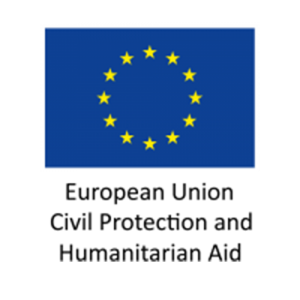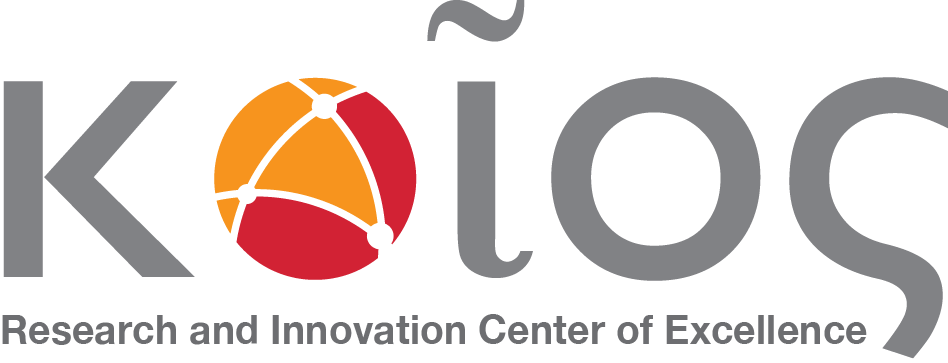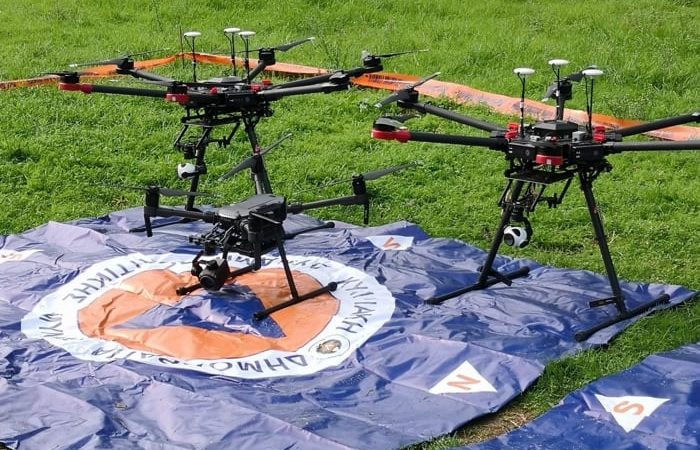Unmanned Aerial Systems (UAS) are considered by the European Commission as a promising technology for both environmental and infrastructure monitoring with broad applicability to a plethora of governmental applications[1]. One such highly-relevant application domain is that of monitoring disaster-prone regions for the purpose of prevention and risk reduction. In this domain, traditional surveillance infrastructure and reconnaissance personnel entail a high capital and operational expenditure, and as a result their availability is only limited. In many cases, access to such regions might be too dangerous for humans; with remote coastal areas, steep mountainous areas and hostile territories being prominent examples.
 UAS have become both affordable and highly capable platforms for sustainable disaster prevention and management of such regions (defined as, Regions of Interest (ROI), hereafter). Similar to the smartphone market, the UAS industry relies on electronic components that follow a Moore’s-law-style pace and for that reason, the pool of alternative UAS designs is rapidly increasing. This trend makes proper selection and use of UAS a very challenging task.
UAS have become both affordable and highly capable platforms for sustainable disaster prevention and management of such regions (defined as, Regions of Interest (ROI), hereafter). Similar to the smartphone market, the UAS industry relies on electronic components that follow a Moore’s-law-style pace and for that reason, the pool of alternative UAS designs is rapidly increasing. This trend makes proper selection and use of UAS a very challenging task.
The ultimate goal of the PREDICATE project is to develop the necessary methodologies that will guide the selection and use of UAS in watch-keeping and patrolling of ROI. To guide UAS selection, the project will develop detailed needs assessment and technology review procedures. To guide the use of UAS, the project will develop an intelligent path planning toolkit for efficient UAS operation. PREDICATE will use these methodologies to implement a series of prototypes for a number of ROI (both domestic and cross-border) identified by the participating end-user partners. In that respect, the project will also facilitate the cooperation and coordination of the end-user partners on the subject matter.
Project’s website: https://www.kios.ucy.ac.cy/predicate/

“The project has received funding from the European Union’s Call for proposals 2015 for prevention and preparedness projects in the field of civil protection and marine pollution under grant agreement ECHO/SUB/2015/713851/PREV29”.



